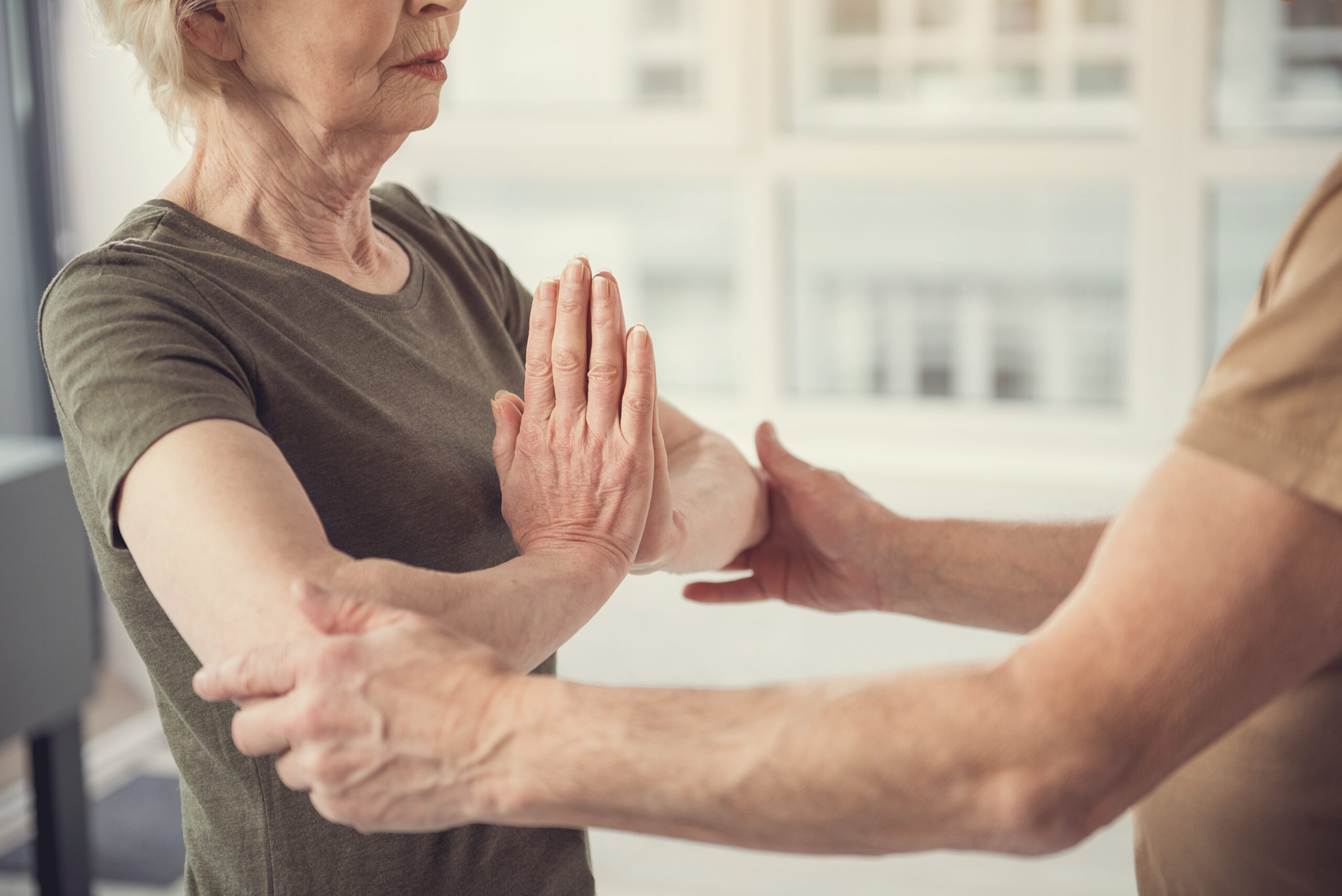Why Dementia Patients May Have Difficulty Recognizing Their Own Hands
Dementia is a complex condition that affects not just memory but also how people perceive the world around them. One of the lesser-known challenges faced by dementia patients is difficulty recognizing their own hands. This issue might seem puzzling, but it’s rooted in how dementia impacts the brain’s ability to process visual information.
## Understanding Dementia and Visual Perception
Dementia is not a single disease but a term that describes a wide range of symptoms associated with a decline in memory or other thinking skills. Alzheimer’s disease is the most common type of dementia, and it affects millions of people worldwide. Dementia can cause changes in the brain that affect how people see and understand their environment.
## How Dementia Affects Visual Perception
Dementia can damage the visual-perceptual system in various ways. This means that people with dementia might have trouble with tasks that require understanding visual information. Some common difficulties include:
– **Less sensitivity to contrast**: This makes it hard for them to distinguish between objects and their background.
– **Diminished ability to detect movement**: They might not notice things moving around them.
– **Reduced ability to see different colors**: Colors may appear less vibrant or harder to distinguish.
– **Problems directing or shifting gaze**: They might struggle to look at different things or follow moving objects with their eyes.
– **Problems with recognizing things and faces**: This includes recognizing their own hands or other body parts.
## Why Dementia Patients May Have Difficulty Recognizing Their Own Hands
Recognizing one’s own hands involves not just seeing them but also understanding that they belong to oneself. This process is complex and involves multiple parts of the brain. Dementia can disrupt this process by affecting the brain’s ability to integrate visual information with other sensory inputs and memories.
For example, if a person with dementia looks at their hands, they might see them as objects but not necessarily connect them as their own. This can be due to problems with spatial awareness and understanding visual images. It’s not that they don’t remember their hands; it’s more about the brain struggling to make sense of what they see.
## Supporting Dementia Patients with Visual Challenges
Supporting someone with dementia who has difficulty recognizing their own hands requires patience and understanding. Here are some tips:
– **Use simple and clear communication**: Explain what you are doing and why, especially when helping them with tasks that involve their hands.
– **Provide visual aids**: Using mirrors or pictures can help them understand their body better.
– **Encourage interaction**: Engage them in activities that involve their hands, like drawing or simple crafts, to help them connect with their body.
– **Create a safe environment**: Ensure their surroundings are safe and free from hazards that could be exacerbated by visual perception issues.
By understanding how dementia affects visual perception and taking steps to support those with these challenges, we can help improve their quality of life and make their daily experiences more manageable.





